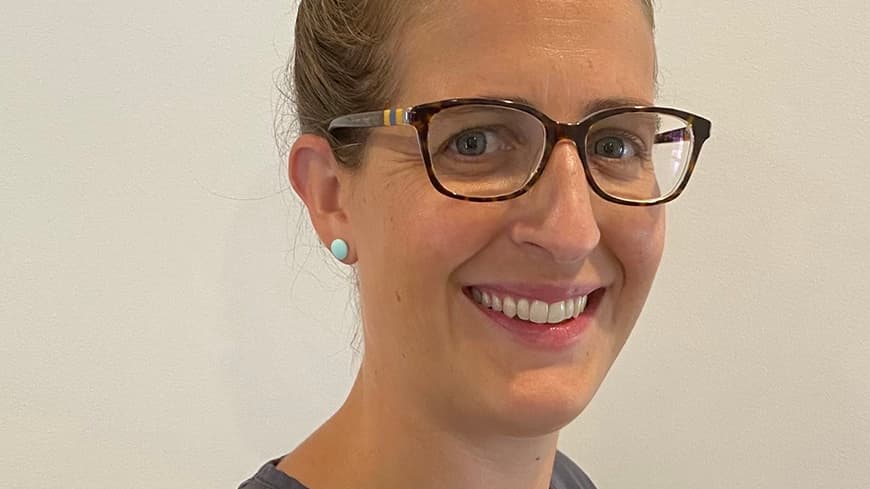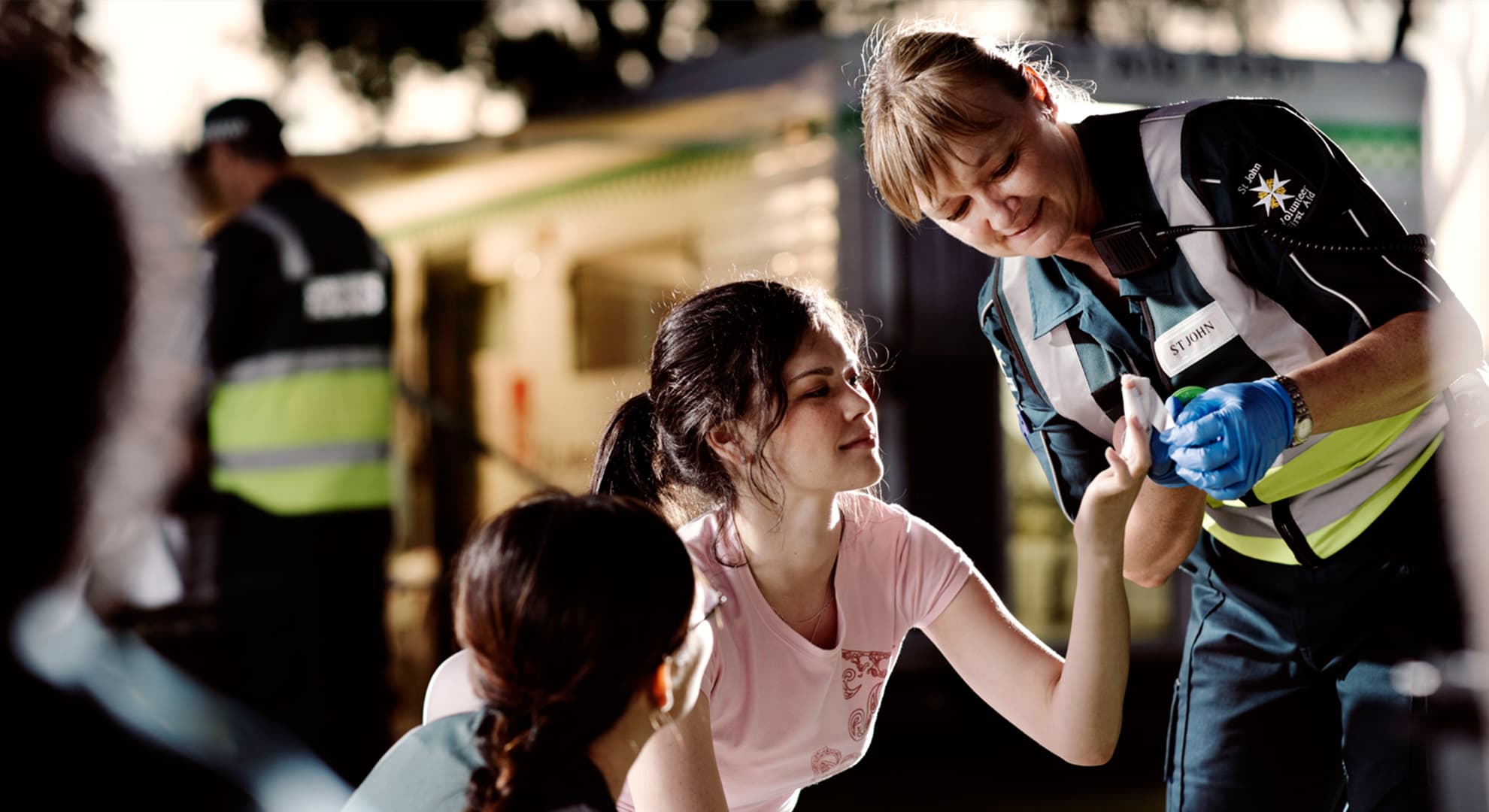Though they conjure images of bright lights and blaring sirens, paramedics could be a new key as Australia aims to address its ongoing healthcare staffing shortage.
Edith Cowan University (ECU) lecturer and PhD candidate Ms Alecka Miles has been a paramedic for 18 years, but now when outside the classroom she uses her skills at a GP clinic in suburban Perth as a community paramedic.
Ms Miles is an author on new research which defines a community paramedic as a health professional providing person-centred care in a diverse range of settings to address the needs of the community.
Their practice may include the provision of primary health care, health promotion, disease management, clinical assessment and needs-based interventions.
Ms Miles said paramedics brought a unique skillset into a primary healthcare setting that went well beyond driving ambulances.
“I think we’ve been overlooked as a health profession resource because people don’t fully understand what we do,” she said.
“We’re seen as the ambulance people, but paramedicine is the profession; an ambulance is just the vehicle that a lot of paramedics work in.”
Ms Miles said working in emergency care, often in challenging settings, meant paramedics bring a distinct perspective that makes for a more balanced healthcare team that can work together to make sure patients get the best possible care.
“Paramedics work in a lot of uncontrolled environments, whether it’s a car accident or if we’re trying to get people who have had a fall out of their house that has limited room for equipment, so we’re used to thinking creatively to find solutions,” Ms Miles said.
“We are quite flexible and we’re good at communicating, which works well in teams.
“Paramedics are uniquely placed to collaborate with nurses, doctors, physiotherapists, OTs and the like to make sure patients get the best possible care irrespective of why they’ve come to the facility.”

A shift in focus
Ms Miles said while it was vital to have enough paramedics available to perform emergency health care services, there needed to be a shift in funding.
“We don’t want to lose all of our paramedics to these roles,” she said.
“But I think if there was more established funding where, say, in general practice and primary healthcare, we have a GP coordinating care within a multidisciplinary team, we can better treat people in the community for unscheduled urgent and primary healthcare situations.”
A paramedic moving into primary healthcare settings requires additional training.
Ms Miles coordinates a number of ECU postgraduate courses which prepare paramedics to work in primary healthcare, urgent care, extended care, and other community paramedic roles.
“The courses help paramedics to apply their knowledge and critical thinking in different contexts outside of emergency care,” Ms Miles said.
She said there were many benefits to making the switch from emergency into other areas of healthcare, ranging from different shift times, potential for a better work/life balance and spending more time with patients.
“You can go into people’s homes and apply your knowledge to help people navigate their way through whatever their health problem may be,” she said.
“Paramedics get pigeonholed as the people who take people to hospital, but in my clinical work we can prevent people from having to go to hospital.
“Or, if they do need to go to hospital or be treated outside of general practice, we can help make sure they see the right health professional for their condition.”
Look for more information on ECU postgraduate courses in paramedicine.
‘The definition of a community paramedic: An international consensus’ was published in Paramedicine.
ECU authors on this paper were Ms Alecka Miles and Dr Angela Martin.
 Paramedics have skills which can be applied to areas of healthcare beyond emergency situations. Credit: St John WA
Paramedics have skills which can be applied to areas of healthcare beyond emergency situations. Credit: St John WA



